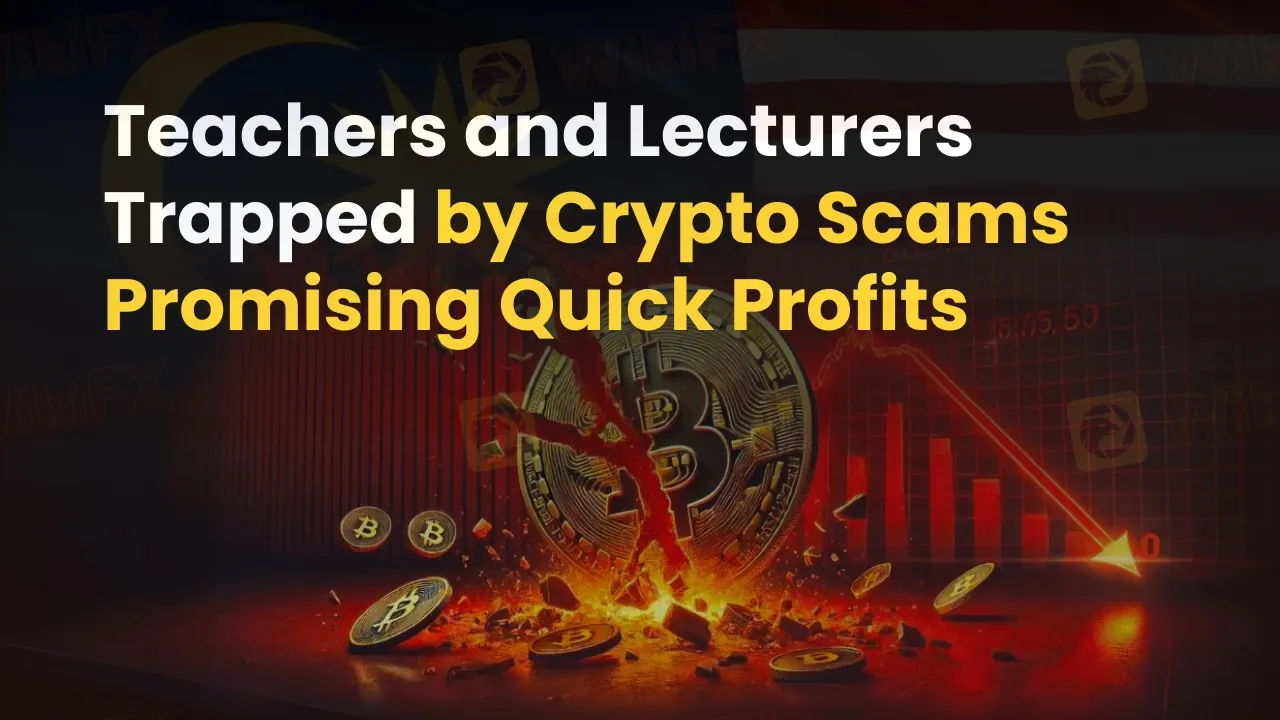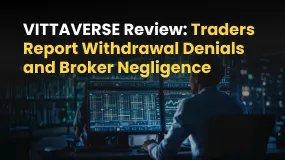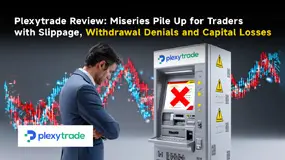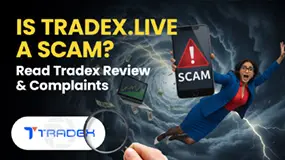Teachers and Lecturers Trapped by Investment Scams Promising Quick Profits
Abstract:In recent weeks, at least three Malaysian educators have reportedly lost a combined RM440,000 in fraudulent trading and cryptocurrency schemes.

Online investment scams are spreading fast, and even those known for their caution and critical thinking are falling victim. In recent weeks, at least three Malaysian educators have reportedly lost a combined RM440,000 in fraudulent trading and cryptocurrency schemes.
According to police investigations, two of the victims were promised weekly returns of around 10%, while a former lecturer was enticed by claims of earning up to 15% per day. What began as a hopeful attempt to grow personal savings ended in devastating financial loss.
In one case, a schoolteacher in his thirties decided to invest after seeing an online advertisement offering 10% returns every week. Convinced by the prospect of quick profit, he went as far as pawning his wifes jewellery and taking out a loan to raise RM220,000 for the supposed trading venture. Over the course of two weeks, he transferred funds to eight different bank accounts before realising he had been deceived. The teacher later lodged a police report in Batu Pahat.

Another victim, a kindergarten teacher in her thirties, responded to a similar online promotion that promised high returns every five days. She invested RM120,000 of her personal savings into what turned out to be a fake cryptocurrency scheme. Within three weeks, she had transferred money to six separate accounts before discovering the fraud.
A retired lecturer was also caught in a similar web of deception. Drawn by an offer of 15% daily profits, she invested RM100,000 into an online trading platform. Within weeks, her account balance appeared to have grown to almost RM4 million. When she attempted to withdraw her funds, she was blocked and told to make additional payments. The woman later filed a report in Pasir Gudang.
Police have confirmed that all three cases are being investigated under Section 420 of the Penal Code for cheating. Officers have urged the public to verify bank accounts and phone numbers linked to suspicious activity through the SemakMule mobile app or its official website.
Scammers are also widening their net beyond investment schemes. A 52-year-old contractor recently lost more than RM500,000 in a fake job scam after being promised a 15% commission on online purchases. The man was instructed to make upfront payments to “secure transactions”, only to find his account blocked once the supposed profits reached over US$138,000.
These incidents reflect a growing global problem. Fraudsters are becoming more sophisticated, creating professional-looking websites and fake licences that mimic legitimate financial platforms. Many victims are drawn in by well-presented investment opportunities that appear genuine but are in fact elaborate traps.

To counter this threat, investor-protection platforms such as WikiFX have become increasingly valuable. WikiFX offers verification tools and a global database of over 70,000 brokers, allowing users to confirm regulatory status, financial licences and company transparency before investing. Its Exposure Service also enables users to report suspected scams and share warnings with the wider community, strengthening collective protection.
As scams evolve, vigilance remains investors‘ strongest defence. Checking broker credentials through trusted verification platforms, avoiding unsolicited offers, and staying alert to promises of unusually high returns are crucial steps towards safeguarding one’s finances in todays digital trading landscape.

Read more

VITTAVERSE Review: Traders Report Withdrawal Denials and Broker Negligence
VITTAVERSE carries the tag of a fraudulent forex broker as traders continue to criticize it for many of its operational flaws. This includes the usual profit withdrawal denials, profit deduction, no response from the customer support team, and even deposit withdrawal denials in some cases. Are you one of its traders facing these issues? You can easily resonate with many trading complaints against the broker online. Let’s check out all that in this VITTAVERSE review.

Plexytrade Review: Miseries Pile Up for Traders with Slippage, Withdrawal Denials and Capital Losses
Failed to maximize your trading experience at Plexytrade because of the heavy forex slippage issue? Have you been constantly hearing NO on your withdrawal requests raised with the Saint Lucia-based forex broker? Do broker officials provide you with inexplicable reasons for withdrawal denials? Feeling stuck in your trading? These experiences have shaped many of your fellow traders’ negative reviews of this forex broker. Read this article further to check their reviews.

Is Tradex.live a Scam? Read Tradex Review & Complaints
Many real users have labeled Tradex.live as a fake platform, while others describe the app as completely useless. Some claim that it operates based on its own rules and lacks proper regulation. If you're involved in the forex market, it's important to read this Tradex review to determine whether the platform is a scam or safe—so you can protect yourself from potential fraud.

FSMA Belgium Warning: 17 Fraudulent Platforms Exposed
Financial Services and Markets Authority (FSMA) of Belgium has issued a warning regarding 17 fraudulent online trading platforms. These platforms have been identified as operating without proper authorization and are suspected of engaging in deceptive or illegal practices. Below is the full list from FSMA Belgium warning
WikiFX Broker
Latest News
Stand a Chance to Earn $10 for Each Broker Review – Join Now!
FCA Warning list 2025: Unauthorised firms to Avoid
Traders Report Fund Scam & High Slippage at TD365: Read What They are Saying
Bank of America says investors are ignoring one major stock market risk
French PM backs freezing Macron\s pension reform to save government
Want to Trade Via Daicha Iconic Markets Ltd? Wait and Read This Review First!
WikiFX Warning: 5 Scam Brokers Exposed in October 2025
How to Spot a Forex Scammer Before You Invest
FCA Cracks Down on £1m Ponzi Scheme in UK
Online Trading Scams in Europe Surge as 1,400 Sites Shut
Rate Calc

